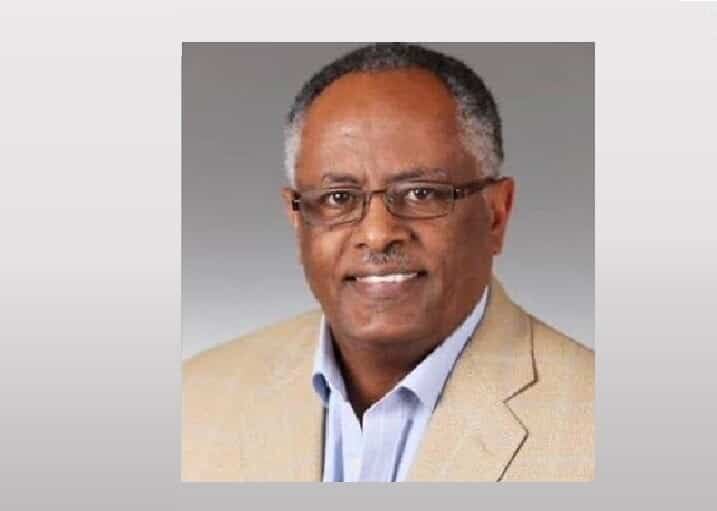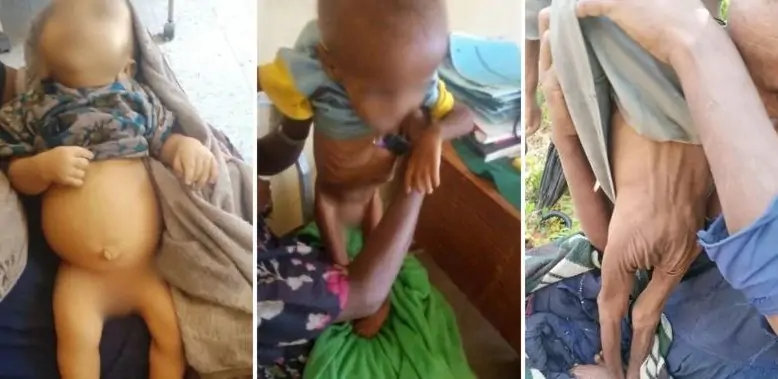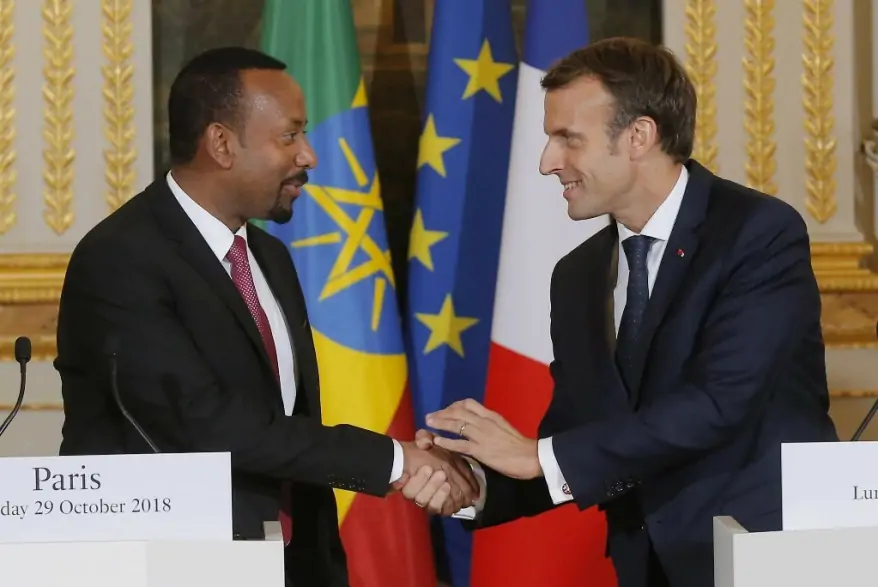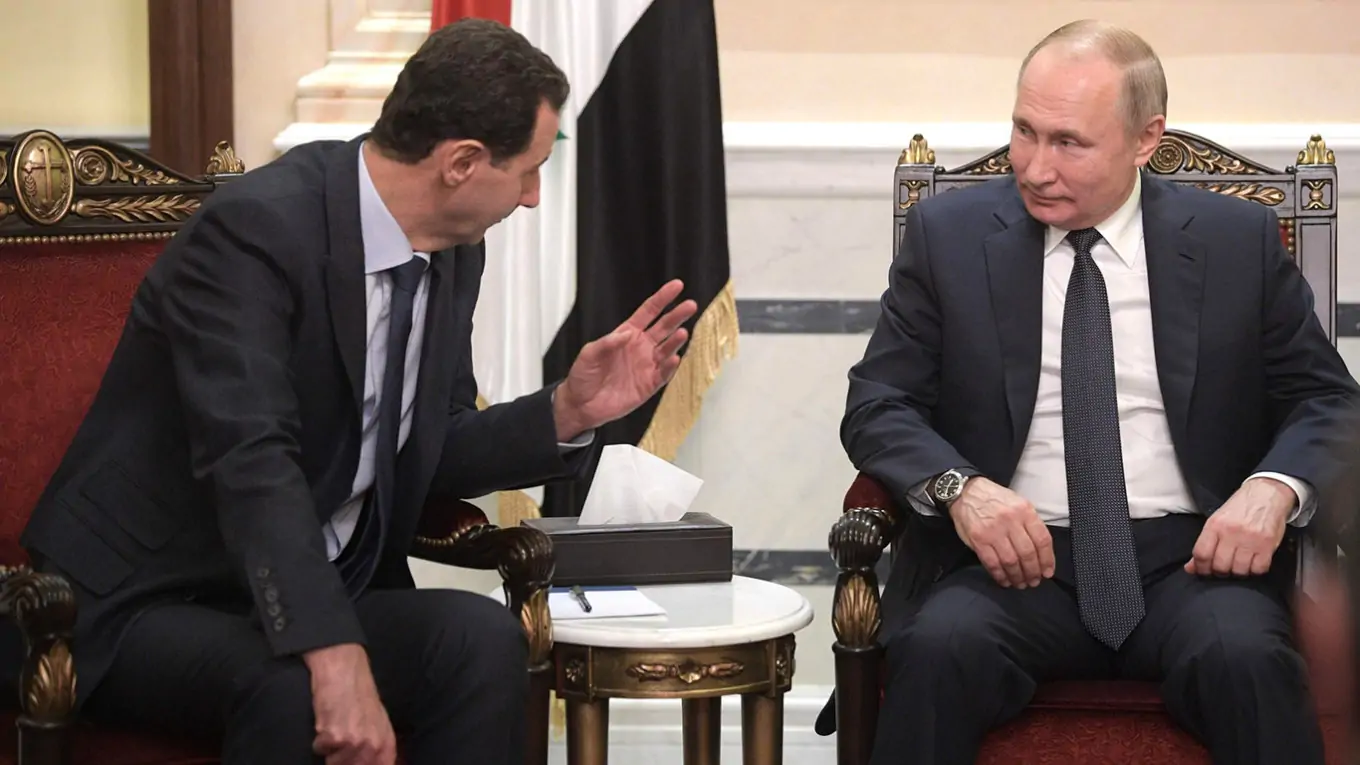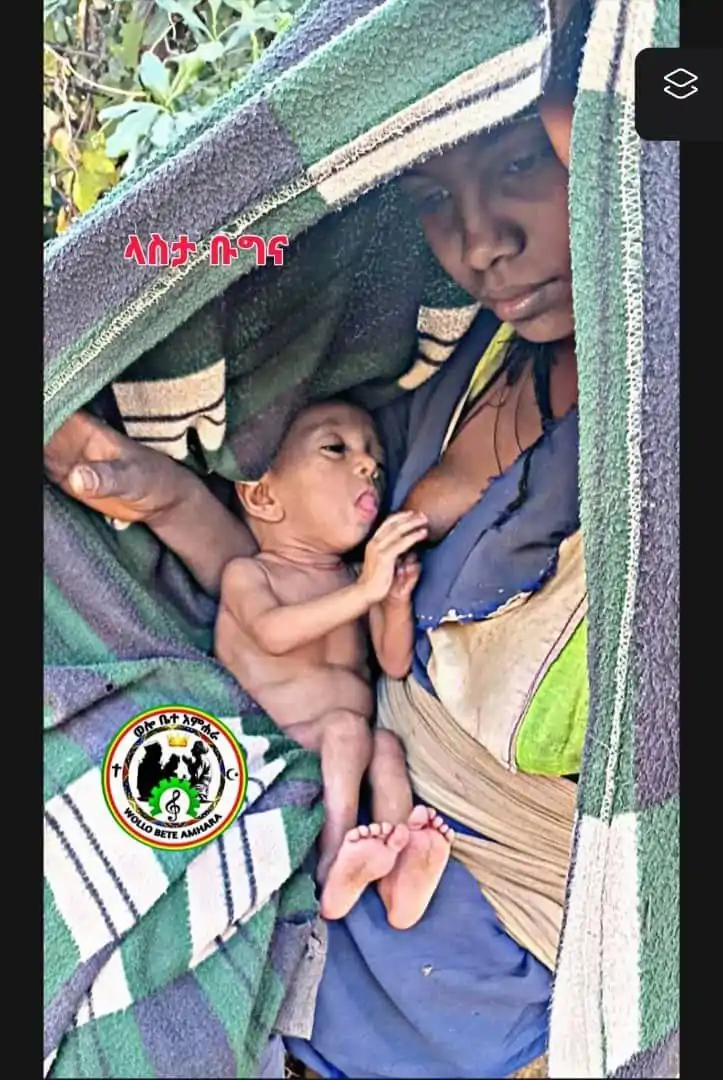Yonas Biru, PhD
September 26, 2022
A lasting peace can come only if the international community takes deliberate actions to alter the TPLF’s political calculus.
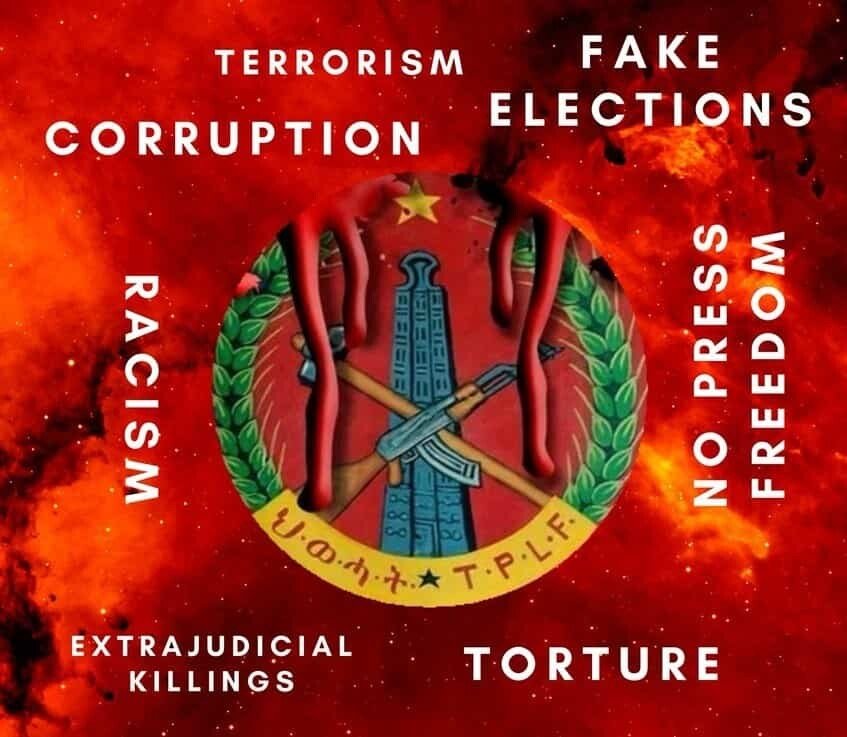
The current war between the Ethiopian federal government and the Tigrayan People’s Liberation Front (TPLF) is the third war since November 2020. According to the US special envoy to the Horn of Africa Mike Hammer, Tigrayan authorities were clearly preparing for war when he met with them on August 2.
On August 24, the UN World Food Program (WFP) lamented that the TPLF stole 12 fully loaded fuel tankers from a UN compound that were intended for humanitarian aid. The same day, breaching a ceasefire that has been in effect since March 25, 2022, the TPLF used the fuel to launch its third war against the federal government and two neighbouring regions: Amhara and Afar. The UN Secretary-General’s office expressed outrage, stressing the TPLF’s action “will impact humanitarian operations.”
The international community is cognizant that this is not the first time the TPLF has diverted humanitarian aid to its wars. In August 2021, USAID officials complained its high-energy biscuits, which were intended for starving children, were confiscated by the TPLF. A month later, the UN lamented that the TPLF stole 428 UN aid trucks.
The TPLF’s recent crimes are not transgressions caused by circumstances, but reflections of the group’s malignant character and history. In 1978, the US designated the TPLF as a terrorist group. In 2005, Human Rights Watch characterized its attacks as “bearing the hallmark of crimes against humanity.” In 2021, Amnesty International’s Secretary General said its actions are “despicable” and “defy any iota of humanity.” In 2022, the UN denounced their behaviour as “disgraceful” and the US found it “deeply cruel.”
The anatomy of successive wars
In November 2020, the TPLF lodged its first war, which it dubbed a “lightning strike,” to “demobilize the federal forces and take control of 70 to 80 percent of the nation’s military fire power. To its horror, it lost most of the heavy weapons it had confiscated from the Ethiopian National Defense Forces (ENDF). This prompted a change in strategy from overwhelming the ENDF with heavy weapons to fostering and leveraging humanitarian crises to win political concessions through crisis-induced international pressure on the government of Ethiopia.
Since 2020, the government of Ethiopia has announced two unilateral ceasefires – first in June 2021 and later in March 2022. The TPLF dismissed the first gesture and informed CNN that it “will not be a part of such a joke” and invaded two neighbouring regions: Amhara and Afar, thereby starting its second war.
On March 24, 2022, having defeated and pushed the TPLF forces out of the Amhara and Afar regions, the government of Ethiopia decided not to pursue the fleeing Tigryan forces. Instead, as a gesture of peace, it released from prison high-level TPLF officials who were captured earlier. Subsequently, it declared its second unilateral truce to thwart the humanitarian crisis and pave the way for a peaceful resolution. The TPLF agreed to a “cessation of hostilities.”
Sadly, the ceasefire did not last long. The TPLF used the lull period to recruit new fighters and rearm itself. On July 15, the UN World Food Programme expressed optimism that the government of Ethiopia had allowed international aid agencies to provide much-needed aid to the people of Tigray region and that “famine has been averted.” Further, as reported on August 20 by the UN, “the second batch of 840 tons of fertilizer arrived in Tigray to support farmers in the planting season.” The future bore a flicker of hope, as farmers prepared to plant their crops. This undermined the TPLF’s crisis leveraging strategy, leading it to launch a new round of war.
What does the TPLF want?
This is a question that intrigues the international community. Tibor Nagy, former US Assistant Secretary of State for African Affairs, wondered: “What do the Tigrayans want?” He added: “We discussed that question when I was in the US Government with no clear answer. Is there one?” There are four demands: three demands before the war and one after the war.
Market-driven vs. government-led command economy
The first demand is to drop Prime Minster Abiy Ahmed’s economic reforms that aimed to transform Ethiopia’s economy from state-led to market-based private enterprise system.According to the Norwegian Nobel Committee, these “important reforms… give many citizens hope for a better life and a brighter future.” Professor Paul Collier, former Director of Research at the World Bank, hailed them as “Ethiopia’s path for prosperity” that can “ignite economic change” across Africa. At home, the excitement surrounding the prime minister’s economic reforms prompted CNN to wonder “Why Ethiopians believe their new prime minister is a prophet.”
The TPLF “refused to move one iota” from its dogma of command economy. During its 27 years in power, the TPLF was as much a political power as it was a business conglomerate. The command economic system allowed it to have a monopolistic hold over the nation’s lucrative sectors, including construction, transportation, insurance, banking, import-export and rental properties both in residential and office spaces. The TPLF sees Prime Minister Abiy’s reforms to privatize public enterprises and open the banking and insurance sectors to international investors as a mortal blow to its privilege as “the arbiter of power and money.”
Legalize regional lands it annexed by force
The TPLF’s second demand is to disband the Regional Boundaries Commission that the prime minister had established to settle border disputes between different regions, including between Amhara and Tigray regions. The Amhara and Tigray regions have border contentions. The Amhara government accuses the TPLF of annexing their lands and incorporating them into Tigray, noting that former governor of Tigray Ras Mengesha Seyoum and Dr. Aregawi Berhe, the founding chairman of the TPLF, among other prominent Tigrayans, have publicly testified that the lands in contention belonged to the Amhara region.
Establishing a new government
The third demand is to establish “an all-inclusive government.” From the federal government’s perspective, this is dead on arrival. The same is the case with the TPLF’s demand for “an all-inclusive dialogue.” The 2021 elections were a referendum on the governance choice of the people. This has been reiterated by the former US envoy to the Horn of Africa, who acknowledged the Prosperity Party, “has significant support across Ethiopia as reflected in the election results.” The prime minister has no authority to undermine the election results and form “an all-inclusive government.”
Restoringbanking and otherservices
Months before the TPLF was forced to relinquish power in 2018, it printed billions of birrs and took it to Tigray. It later used this stolen currency to destabilize the country, financing different subversive forces and converting the ill-gotten birrs to US dollars and Euros through the black currency market. The government of Ethiopia was forced to spend US$101.2 million to change its currency. Restoring the banking services requires transferring billions of the new currency to the TPLF. The government of Ethiopia has no reason to believe the TPLF will not use it for nefarious reasons just as it has done with the WFP’s fuel or UN’s trucks.
The role of the international community: Changing the TPLF’s war calculus
The international community must come to terms that the TPLF has an inherent incentive to kill the ongoing reforms, wreak havoc in the economy, destabilize the political system, and worsen the humanitarian crisis to win political concessions through crisis-induced international intervention. A lasting peace can come only if the international community takes deliberate actions to alter the TPLF’s political calculus.
The international community must recognize that its bothsidesism has created false equivalency and encouraged the TPLF to stay the course of destruction. The international community does not have leverage against the TPLF, but it has the threat of sanction against the government of Ethiopia. The TPLF is capitalizing on this asymmetry of international sanction. In a sort of a subversive way, by delaying the debt restructuring process and withholding critically needed international loans to Ethiopia, organizations like the IMF are doing the TPLF’s bidding.
The international community – including Canada, home to a large Ethiopian diaspora community – can play a pivotal role to pave the path for peace. One viable option is to pressure the current leaders of the TPLF, who have been around since the 1970s, to leave Ethiopia for a safe haven with the following conditions: (1) the safe haven shall not be bordering Ethiopia; (2) no permission to leave the safe haven for five years; (3) agree not to be involved in Ethiopian or the Horn of Africa politics for five years; and (4) agree to be extradited to Ethiopia if they violate any of these conditions.
On its part, the government of Ethiopia needs to: (1) allow Tigrayan elders to elect an interim regional government; (2) have a free and fair election in Tigray region on an agreed time-bound schedule; (3) rescind the terrorist designation of TPLF and allow the TPLF as a party to participate in the free and fair election and let the people of Tigray decide its fate; (4) allow unfettered access to humanitarian aid; and (5) restore all services as a matter of urgency.
These suggestions will help reset the peace process and end the humanitarian crisis. To dispel fear and inspire confidence in Tigray, the international community can help monitor the implementation of the proposed points of action.
————–
Yonas Biruworked for the World Bank for nearly two decades. In the last seven years of his tenure, he served as the Deputy Global Manager of the International Comparison Program (ICP). He has served as the interim chair of Prime Minister Abiy Ahmed’s Independent Economic Advisory Council and chair of the Nile Club that advised the Ethiopian Ministry of Foreign Affairs.

